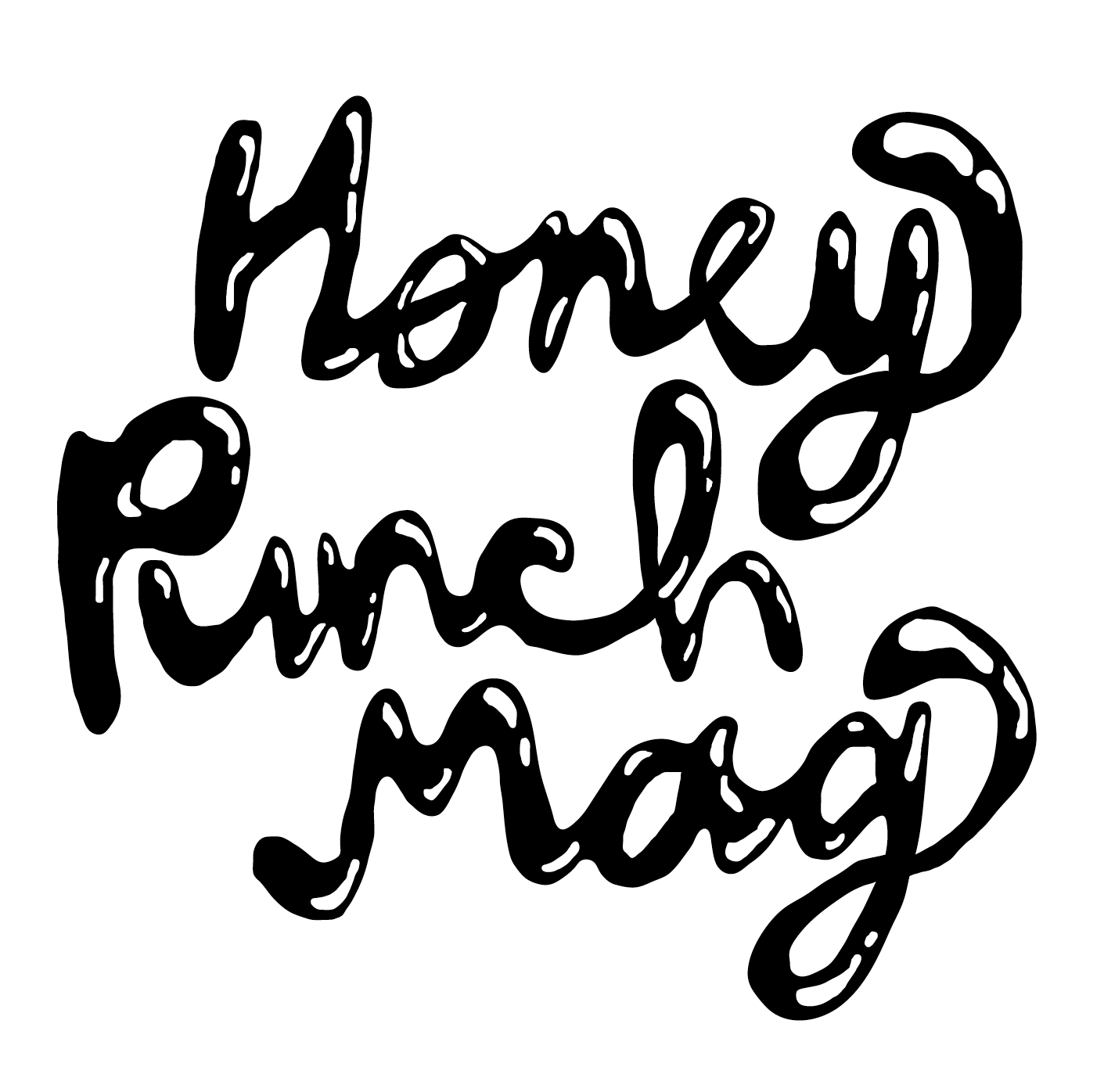Vampire Weekend: Father of the Bride
review by Reese Gorman
Vampire Weekend is back; the Van Goghs of indie-rock have once again proved to us that their music is seemingly ageless, and their style will remain appealing for years to come. In “Father of the Bride” the Ivy League graduates have now embraced their privilege and used it to create something so moving and introspective that you feel a connection to the band.
Ezra Koenig has been a busy man since the release of their last album “Modern Vampires in the City” in 2013. He has since become a father, moved to Los Angeles and created a Netflix original series called “Neo Yokio.” Even amidst all the major changes, he didn’t forget about us. One could even argue that through it all, Koenig now has a newfound spark of passion lit in his soul and that this album is the sum of all these events.
Vampire Weekend doesn’t lose their distinctive sound, though throughout the record you can tell they have matured. Their cross-genre album presents us with Jimmy Buffetesque sounding tracks in “This Life” and “Big Blue.”
The latter of the two songs sings about a subject who is lost in life and retreats to nature to be alone and reflect. “Big Blue” is in reference to the Earth, which is 71 percent water. “Big blue, for once in my life I felt close to you,” Koenig sings in the chorus, “I was so overcome with emotion/When I was hurt and I needed affection/When I was tired and I couldn’t go home/Then you offered protection.” The metaphors relating to Earth and Koenig’s love for it are very obvious and distinct, yet they are powerful and moving.
Koenig sings of a lost relationship and the anxieties that come with it in “Unbearably White.” The phrase “unbearably white” is used in different ways throughout the track. It’s first used at the beginning of the first verse in reference to the top of a mountain, “I ran up the mountain/Out of your sight/The snow on the peak was just unbearably white.” He’s running away from his love and the mountain is symbolizing progress, but when he reaches the top all the snow and the vastness of the peak has him feeling lost and lonely. The second is in reference to a page in his notebook, “You walked to the bedroom/And sat down to write/The page in your notebook was unbearably white.” The “you” in this seems to be, as a Genius annotator puts it, “self-referential” and he is, in fact, talking about himself and the ominous feeling a blank notebook can present to a writer.
This album is recorded with heavy collaborations from Danielle Haim from the band “HAIM.” Three songs have her featured on it, and each one is a fastidious crafted conversation between her and Koenig that flows together with irreproachable harmony.
“Hold You Now” featuring Danielle Haim is the opening track on the record and is an intense love anthem portraying a conversation between two lovers. This song can be interpreted in multiple fashions: the literal interpretation is to take this as a conversation between two lovers about their intense love for one another and their relationship that holds such promise but in the end is volatile; the second is to view this whole song metaphorically, as much of the album is, and see this as a song pertaining to religion. Many of the songs on this album deal with the topic of religion, so this metaphorical interpretation idea is not far-fetched.
This battle of religion on the record leads us into arguably the most impactful song on the album, “Sympathy.” The song has a guitar and bass heavy instrumental having a sound comparable to that of an old-time war song. “That’s the most metal Vampire Weekend’s ever gotten with the double bass drum pedal,” Ezra Koenig said in an interview with Beats 1.
“Judeo-Christianity, I’d never heard the words/Enemies for centuries, until there was a third,” Koenig sings in the second verse. The “third” is in reference to Islam and how Jews and Christians have seemingly teamed up against people of the Muslim faith. The song later addresses what seems now to be an almost incomprehensible concept of love and peace between the three faiths and the idea of living in harmony and unity with one another.
Vampire Weekend has given us an album which holds such intensity you feel it in your soul. The metaphors are mind-blowing, and the topics tackled are controversial and beautiful. So, thank you Vampire Weekend, for giving us “Father of the Bride,” an indie-rock Starry Night.

